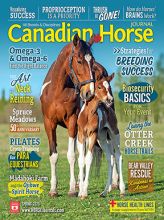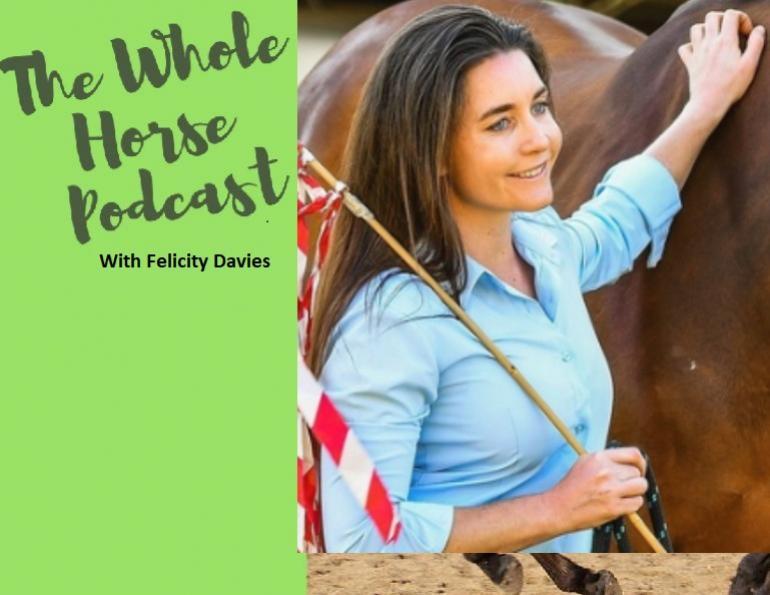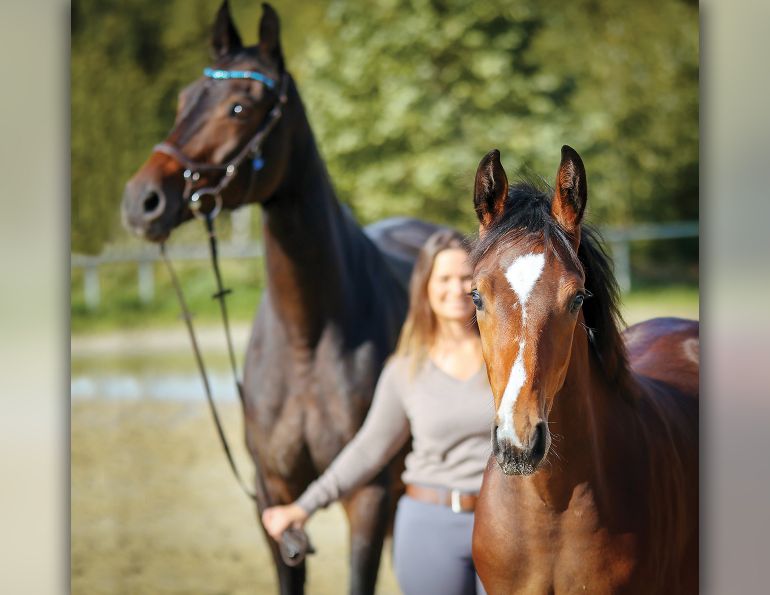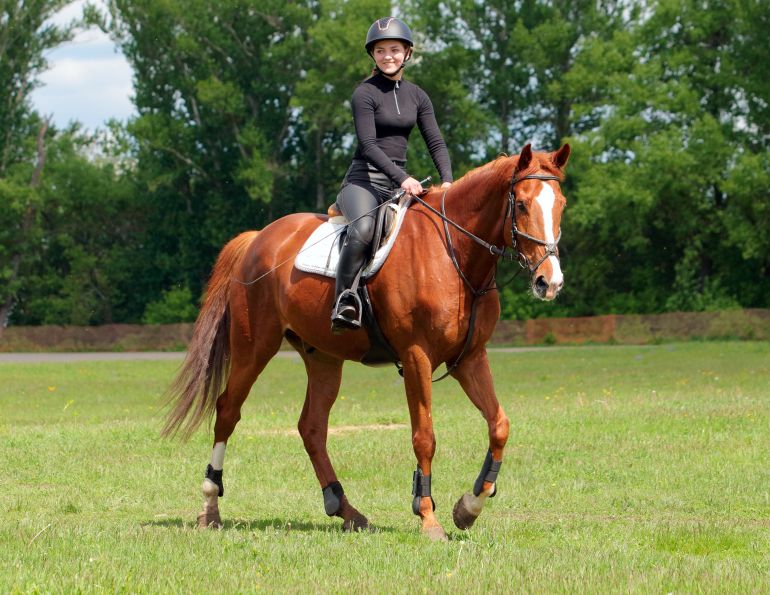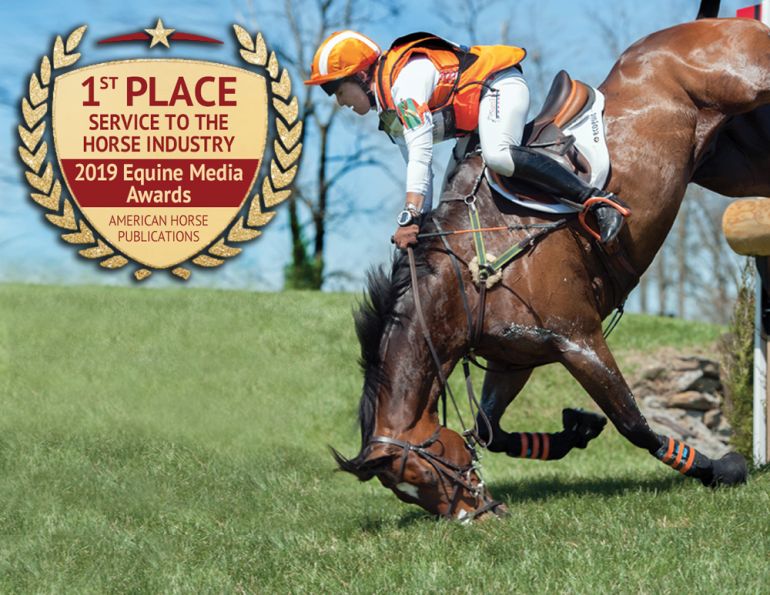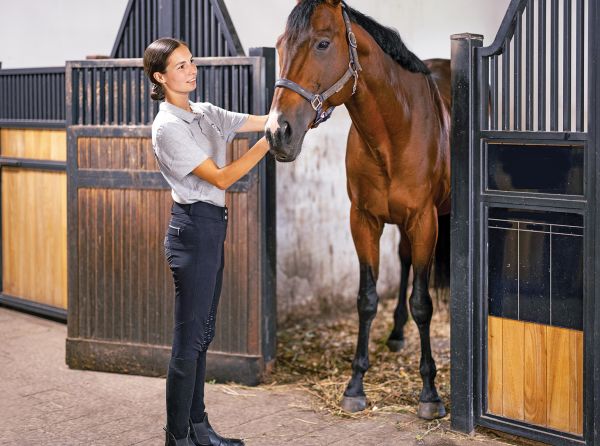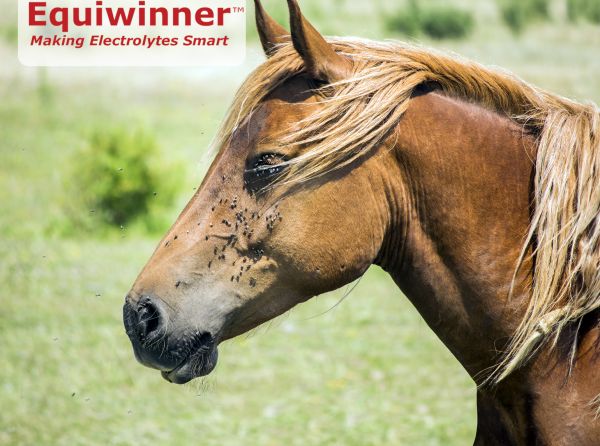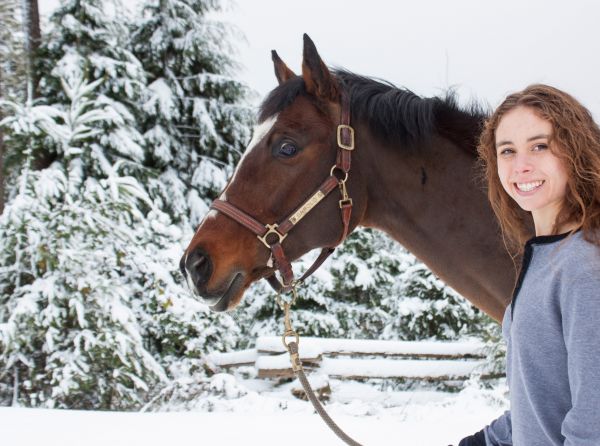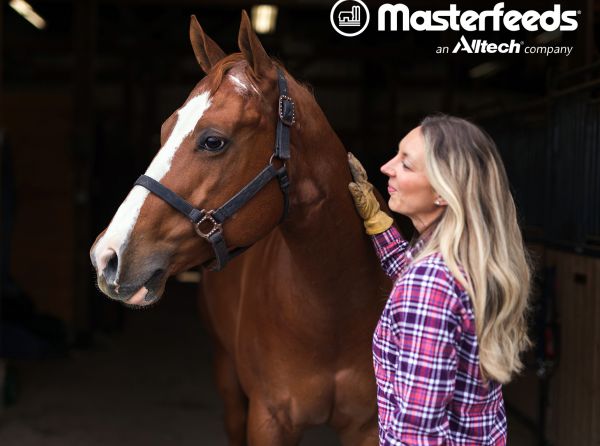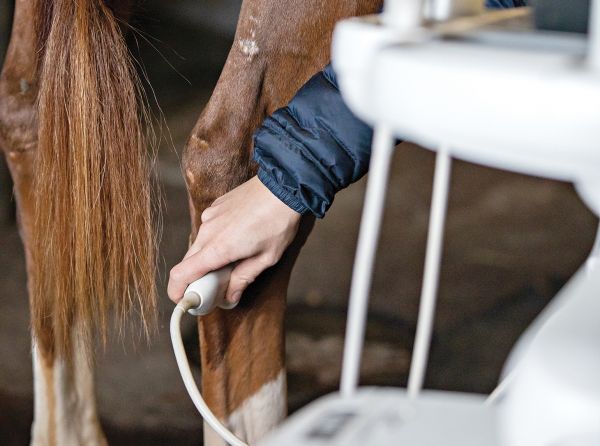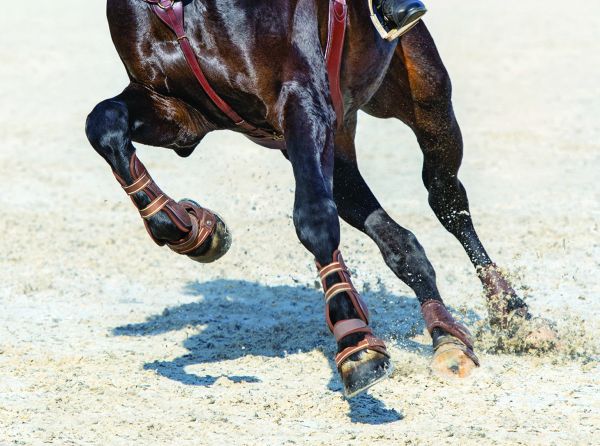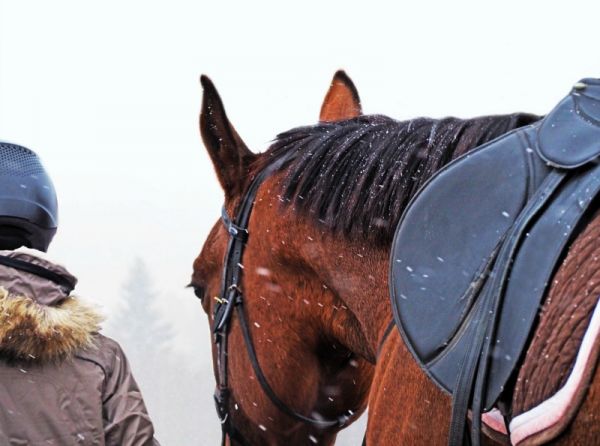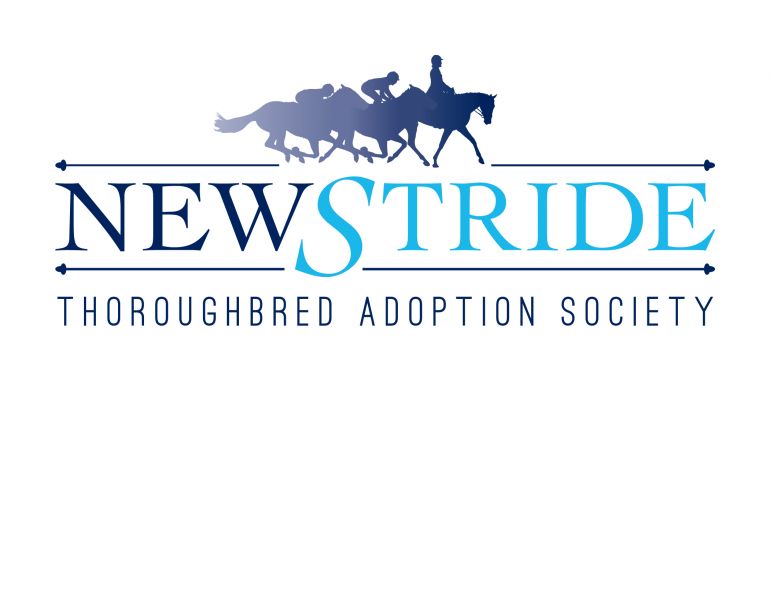By April Clay M.Ed., Registered Psychologist
When someone loses a family member or friend, often others rush in to see what they can do to lessen the pain. However, when your loss involves a companion of the four-legged variety, sometimes the response you receive is less than sympathetic.
Kate lost her horse suddenly to colic after years of building a successful and satisfying relationship in the show ring and out. She recalls:
The relationship I had with my horse had always confused some people in my life and the sudden change in my behaviour after losing him led to some insensitive comments and poorly worded questions about how I felt and the time I took away from my regular routine after losing him. I was often asked why I was so upset or what the “big deal” was. After all, “He was just a horse, right?”
Like Kate, you may feel isolated and alone with your feelings. Or worse yet, you may feel guilty about your emotional state and try to suppress it. Those around you may not understand or even try to minimize your loss.
When people are not permitted to openly grieve, it can complicate the healing process. Psychologists have a name for this, it’s called disenfranchised grief.
Find Your Support
Whenever you share your life with a being, whether human or animal, the loss can feel devastating. Because our horses are depending on us to meet their needs, naturally they are tightly woven into the daily fabric of our lives. Feeding, exercising, caring, training, or just plain hanging out, there are a lot of hours spent in each other’s company. So, when that interaction is missing, the empty hole can feel like a chasm.
Loss is one thing we humans cannot fix. We cannot prevent it or undo it. That lack of control is something we all have to learn to come to terms with, and live with. Through this commonality comes our greatest healing strength – sharing and the support of others. When it comes to the loss of an equine pal, it’s important you choose who you talk to, and it’s important to talk. Painful feelings kept inside are like an infection, they need to come out in order for you to heal.
Take care who you choose to share your loss with. Seek out like-minded souls who are safe to confide in. Form a support circle and make these your go-to people when things get rough.

We spend so many hours in the company of our horses, but when they are no longer with us the loss can feel devastating. Photo: ©Canstockphoto/TNCPhotography
Do What is Right for You
Grief tends to come in waves, some small and some big. Don’t worry about rushing back to the barn or to any part of your schedule that feels painful. If you have to cancel or reschedule commitments, do what is best for you. Keeping some aspects of your daily routine can be comforting though, so don’t feel you have to change everything. Grief is a very individual process, based on many variables including past losses, nature of the relationship, resources available to you, and others. So listen to your gut, and trust you’ll know what’s right for you.
If getting back to the barn or to a relationship with another horse feels like a betrayal, remember that it isn’t about replacement, it’s about healing. A new equine friend can be as comforting as the human variety, but in a different way.
Kate describes finding her way back to the barn:
After taking some time away from the barn and when I felt I was ready, I took up a lease on a spunky pony that I had been riding from time to time for my barn owner/employer. This was the push I needed to take the final step and start riding again. After losing a horse or a pet, the idea crosses your mind that you should slow down and take a step back, maybe wait a while before getting another. The thought crossed my mind, but I found getting back into the sport helped me balance my grief better than dwelling on it. Even though I had lost an amazing teammate, I had another partner to work with and something to focus on.
Honour the Memory
An important aspect of grief involves the way we remember and honour those lost. Find your own comforting and meaningful ways to preserve your memories. Use photos or compile a scrapbook with pictures and mementoes from the good times you shared. You can also design your own memorial or ritual by gathering some friends and sharing stories. Remember that you will never lose the relationship you had; it will just take a different form. Your connection to your horse will never be lost.
To read more articles by April Clay on this site, click here.
Main photo: ©iStockphoto/Iteachphoto


